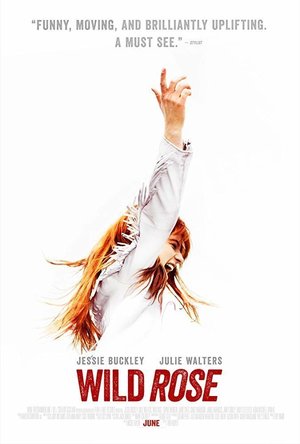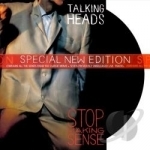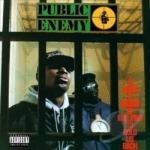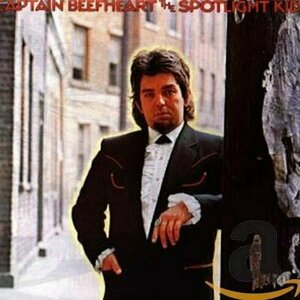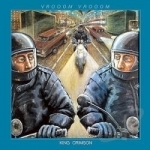Emma @ The Movies (1786 KP) rated Wild Rose (2018) in Movies
Jun 22, 2019 (Updated Sep 25, 2019)
The camera work as almost the first thing I noticed watching this film. As I've said before, I can be a terrible cinema-goer as I miss a lot of things like this unless they're either end of the spectrum. In this instance everything was intriguing and well executed, from the letterbox right at the beginning to the use of light when Rose-Lynn sings... just brilliant.
Early on you realise that Rose-Lynn is basically still a child, she throws a tantrum and sulks at the smallest thing. Responsibility has passed her by despite the fact she has two kids. It's frustrating to watch but does allow for good character development as we progress through the story.
From the trailers I knew we'd be in for a treat with the songs, but the impact of the final one is just amazing once you have the context of it. The fact that Jessie Buckley sings them herself is even more incredible.
Buckley hasn't made a great impression on me, the only thing I'd seen her in was Beast and that... well... didn't leave me wanting more, of anything. She put in a great performance here though and was only scuppered y the fact that I had a huge dislike for her character.
Supporting her was Julie Walters, she was amazing as ever and another wonder mum role to add to the list of them this year. As Rose-Lynn's relatively patient mum she is a bit of refreshing sanity in the film and she's certainly the only one thinking about those two kids through most of the film. She's stern and would have had me cowering in a place of shame if I'd been Rose-Lynn.
Mum's character does soften and she helps her daughter attempt to follow her dreams, that leads to a great piece with Rose-Lynn in Nashville. The interactions she has and the reality of her situation hit leading us nicely into the conclusion.
Wild Rose has lots to make it appealing, a solid cast, an interesting storyline and some amazing music. It will definitely find an audience with those that enjoyed A Star Is Born. I have to hope that this isn't the last we see of Jessie Buckley and her singing voice on the big screen.
What you should do
As I said above, fans of A Star Is Born are likely to enjoy this. It's probably also worth seeing it on the big screen to get some great audio.
Movie thing you wish you could take home
I would love to have a band spontaneously appear when I start singing at home.
Ian Broudie recommended track Psycho Killer by Talking Heads in Stop Making Sense by Talking Heads in Music (curated)
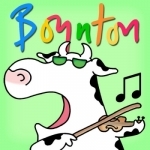
Barnyard Dance! - Sandra Boynton
Book and Education
App
Stomp your feet! Clap your hands! Everybody ready for a BARNYARD DANCE! Loud Crow Interactive and...
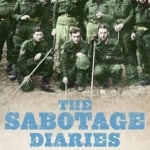
The Sabotage Diaries: The True Story of a Daring Band of Allied Special Forces and Their Covert Operations in Nazi-Occupied Greece
Book
Based on the wartime diaries of Allied soldier and saboteur Tom Barnes, this account of thrilling...
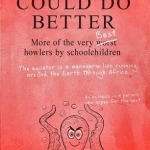
Could Do Better
Book
Norman McGreevy's illustrated selection of schoolchildren's struggles with the pitfalls of the...
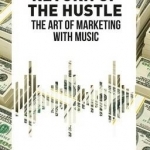
Return of the Hustle: The Art of Marketing with Music: 2016
Book
Has a commercial ever brought you to tears? Has a movie ever inspired you so much you change your...
DJ Muggs recommended It Takes a Nation of Millions to Hold Us Back by Public Enemy in Music (curated)
Ian Anderson recommended The Spotlight Kid/Clear Spot by Captain Beefheart in Music (curated)
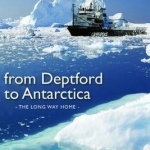
From Deptford to Antarctica
Book
Pete Wilkinson grew up in Deptford, south London, in the 50s. Somehow he got to grammar school and...
